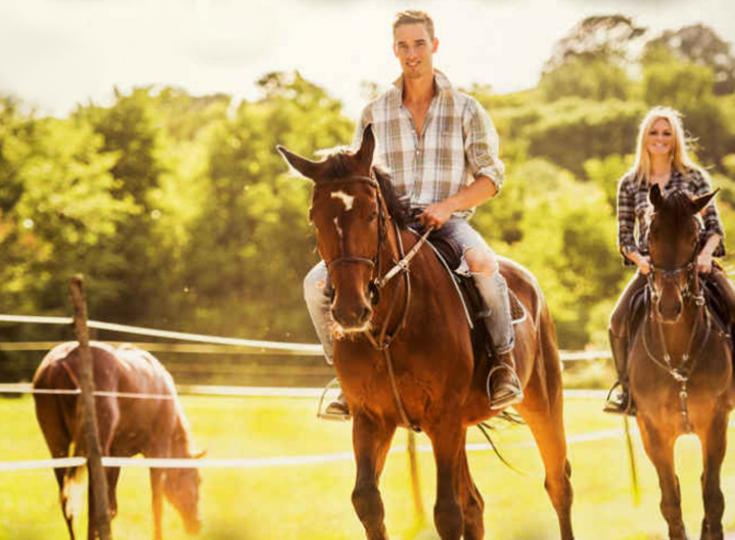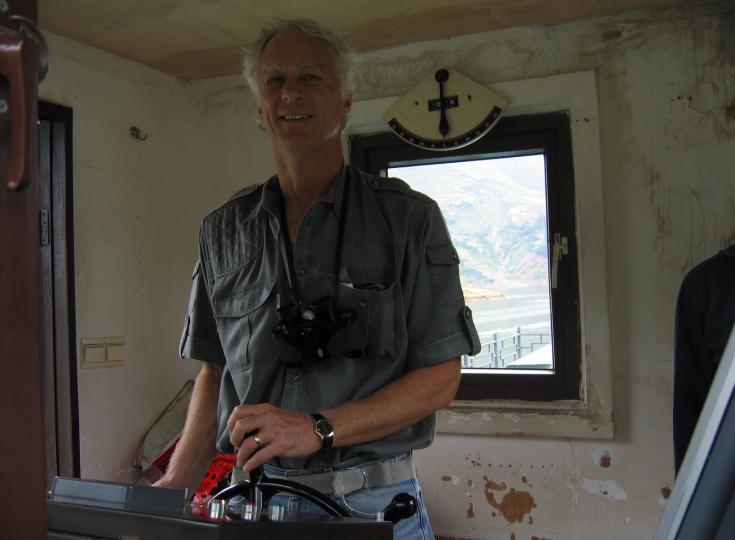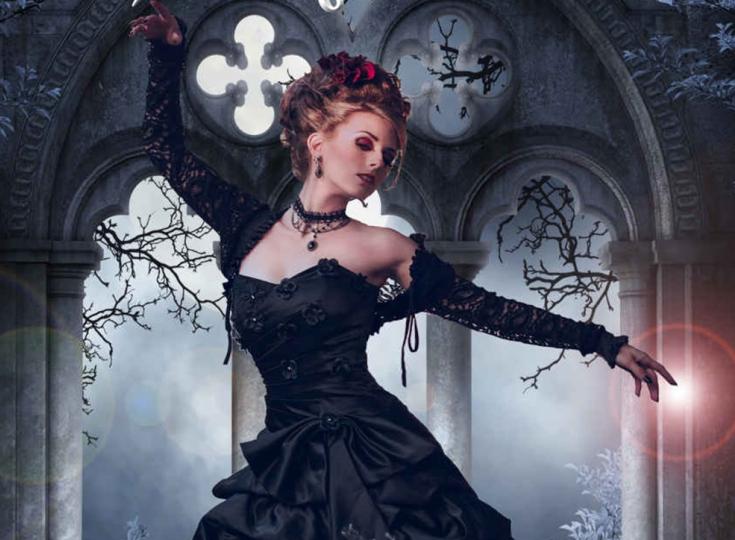Andrew Updegrove - A Cybersecurity Expert With a Knack for Running Into Situations
Andrew Updegrove's Tales of Adversego thriller series is an outgrowth of several inspirations. The technical subject matter derives from the author's more than thirty years of experience representing technology start up clients. Along the way, Updegrove has become intimately familiar with the types of folks that populate the technology ecosystem: entrepreneurs and career engineering employees, angel investors and venture capitalists, policy makers and regulators, idealists and lobbyists. That’s where his characters come from, as well as from the people he meets in the many out of the way places he travels to when he is not at work. As our Author of the Day, Updegrove tells us all about his Adversego Thrillers.
Please give us a short introduction to what your Frank Adversego Thrillers are about.
Frank Adversego is a cybersecurity expert with a knack for running into situations where terrible things will happen to us all unless he saves the day. On a more serious front, the series highlights the degree to which the high tech industry keeps roaring ahead with new technology without bothering to design in the kind of protections that are needed to keep disasters from happening.
What inspired Frank Adversego's character?
One morning I was standing – seemingly forever – in a sleet storm waiting for our dog to do what needed to be done, and a line came to me: “I give him a cookie, and I get a bag of crap. My day usually goes downhill from there.” From that line followed an idea for a generally hapless, socially challenged, nerdy “everyman” hero that became Frank.
Why techno thrillers? What drew you to this genre?
Great question, as I haven’t read one since Michael Crichton’s Andromeda Strain came out a hundred years or so ago. I guess it was the fact that I wanted to try my hand at writing fiction after authoring about a million words of non-fiction, and I had more stories to tell based on a career as a technology lawyer than anything else.
Your books deal with secretive topics--covert agencies, conspiracy theories, classified technologies. How do you manage to make it believable?
Well, a life time of voracious reading helps. And thank God for the Wikipedia and all the other tools and services on the Internet. It still dazzles me that just about any information I could possibly want is at my fingertips. If I want to set a scene at a department store near Frank’s apartment in Washington, Google Maps can help me find one. If I want to describe it, well there’s Street View. Time for a scene set in the Situation Room in the White House? Plenty of pictures just a few clicks away. The web is every dream of an armchair author come true.
You decided to bundle books 1 to 3. How do the stories tie in with one another?
That was purely a marketing decision; the books are entirely standalone, except for the occasional Easter egg backward reference to reward serial readers. I just wanted another package I could discount from that might lead new readers to then buy the next book or two.
Your books are an interesting mix of drama, technology and satire. Why do you write them this way?
Mostly because I enjoy writing this way, and because I enjoy reading books written the same way. Happily, the reviews I got for my first book indicated that readers agreed, so I continued writing in the same groove.
Give us three "Good to Know" facts about you
I’ve spent the better part of a year hiking and camping in the Southwest. Virtually every scene in the books from out there is set in a real place I’ve been.
Each time I’ve written a book I’ve had one of my cybersecurity clients read it to determine whether the attack I came up with would really work. So far I’m batting 1,000, and the fact that a guy with a BA in history can pull that off worries me a lot.
I’ve got more in common with Frank Adversego than I (usually) like to admit.

What advice would you give to your younger self?
I always thought I couldn’t write fiction. I’d tell myself to give it a try a lot sooner.
Was there a single defining moment or event where you suddenly thought, 'Now I'm an Author,' as in—this is now my career?"
Well, I’d be lying if I said it was a career, in the economic sense. But there was a point when I kept getting consistently great reviews book after book and thought, “Huh. Maybe I’m not so bad at this.”
Among the wealth of characters in this series, who was the most difficult to create?
I really put a lot of work into my characters, because there are so many thrillers with totally two dimensional characters. I enjoy it, too, and sometimes grow very fond of character, so it wasn’t until my last book, The Blockchain Revolution came along that I really had to hunker down. For that one, I set myself the task of credibly creating a high functioning but mentally ill antagonist who shouldn’t be seen, for that reason, as evil, despite the fact that he was trying to do would be catastrophic. That was quite an interesting challenge to pull off.
In your books you’re dealing with so many difficult themes – as a writer, do you feel a sense of responsibility? If so, how do you deal with this?
I truly believe that we are going to have one or more devastating cyberattacks in the future, potentially killing millions of people, so the responsibility I feel is to try to provide a reader with not only a fun read, but a sense that something needs to be done. The plot of my third book, called The Doodlebug War, scares the Willies out of me because someday the same type of damage I describe will certainly occur in the context of a war, with truly horrible results.
Do you ever suffer from writer’s block? If so, what do you do to combat it?
Generally I don’t have too much of a problem with that, but when I do I’ve got a trick I’d recommend to most writers: go back ten pages and revise what you wrote the day before. By the time you get to the end, you’ll probably have your momentum back. Another old trick is never stop at the end of a scene – stop sooner, as it will be much easier to pick up where you left off than from a cold stop.
What are you working on right now?
I’m toying with a somewhat more typical setting for a change – a shipboard Atlantic crossing where Frank and everyone else is trapped aboard as things go to Hell. That kind of plot lends itself easily to building suspense and a sense of foreboding, as well as some great interior and exterior scene sets.
Where can our readers discover more of your work or interact with you?
The best place is my author site: andrew-updegrove.com Or they can contact me directly at [email protected].








